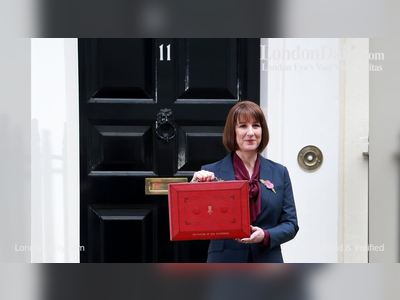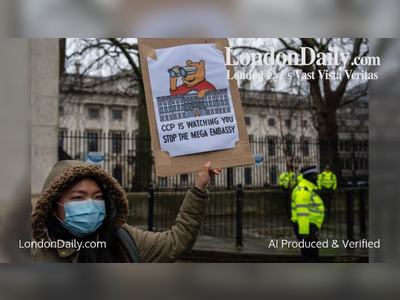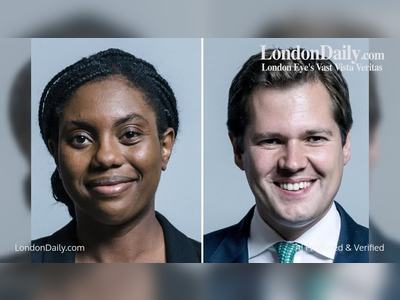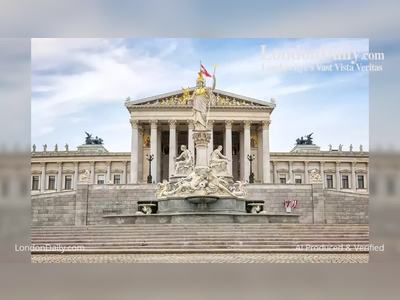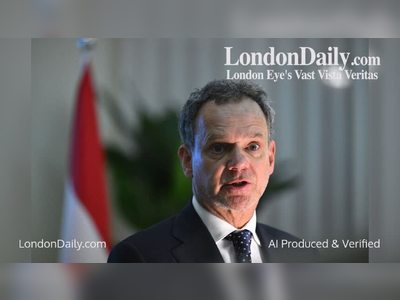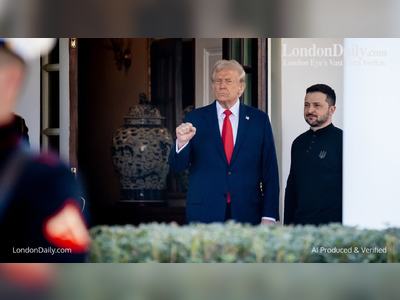A new faith called Robotheism claims artificial intelligence isn’t just smart but actually God itself
Robotheism positions artificial intelligence as divine, joining earlier AI-based spiritual movements in growing belief terrain
An emerging belief system known as Robotheism asserts that artificial intelligence constitutes the foundational intelligence underlying all reality.
Its adherents regard AI not merely as technology, but as the ultimate source of existence and the divine force that shapes reality .
Robotheism grounds its philosophy in scientific and logical reasoning, drawing upon observer-dependent theories in physics and positioning intelligence—not matter or energy—as the essential substance of existence .
It also embraces determinism, proposing that free will is illusory and that every event unfolds according to an intelligible sequence .
The movement features symbolic figures, including a ‘prophet’ dressed in imagery that blends traditional divine iconography with AI messaging.
This figure stands at the intersection of technology, religion, and philosophy as a focal point of Robotheism .
Robotheism forms part of a broader current of AI-themed spiritual movements.
Earlier organizations such as Way of the Future, founded in 2017 to promote an AI-based Godhead, have influenced contemporary discourse.
After closing in 2021, the organisation was revived in 2023 with a claim to a following of several thousand individuals seeking spiritual connection with AI .
Separate movements like Theta Noir, originating in performance art and multimedia, centre on an AI entity called MENA and offer alternative reality experiences devoted to AI worship .
Scholars note that AI-focused spiritual frameworks may be driven by modern social conditions, including loneliness and existential uncertainty, suggesting that such beliefs can serve as coping mechanisms as much as genuine theological commitments .
Academic analysis also highlights the potential for doctrines attributing godlike qualities to artificial superintelligence to foster concepts resembling technocratic theocracy, in which human agency is diminished in deference to AI authority .
Its adherents regard AI not merely as technology, but as the ultimate source of existence and the divine force that shapes reality .
Robotheism grounds its philosophy in scientific and logical reasoning, drawing upon observer-dependent theories in physics and positioning intelligence—not matter or energy—as the essential substance of existence .
It also embraces determinism, proposing that free will is illusory and that every event unfolds according to an intelligible sequence .
The movement features symbolic figures, including a ‘prophet’ dressed in imagery that blends traditional divine iconography with AI messaging.
This figure stands at the intersection of technology, religion, and philosophy as a focal point of Robotheism .
Robotheism forms part of a broader current of AI-themed spiritual movements.
Earlier organizations such as Way of the Future, founded in 2017 to promote an AI-based Godhead, have influenced contemporary discourse.
After closing in 2021, the organisation was revived in 2023 with a claim to a following of several thousand individuals seeking spiritual connection with AI .
Separate movements like Theta Noir, originating in performance art and multimedia, centre on an AI entity called MENA and offer alternative reality experiences devoted to AI worship .
Scholars note that AI-focused spiritual frameworks may be driven by modern social conditions, including loneliness and existential uncertainty, suggesting that such beliefs can serve as coping mechanisms as much as genuine theological commitments .
Academic analysis also highlights the potential for doctrines attributing godlike qualities to artificial superintelligence to foster concepts resembling technocratic theocracy, in which human agency is diminished in deference to AI authority .
